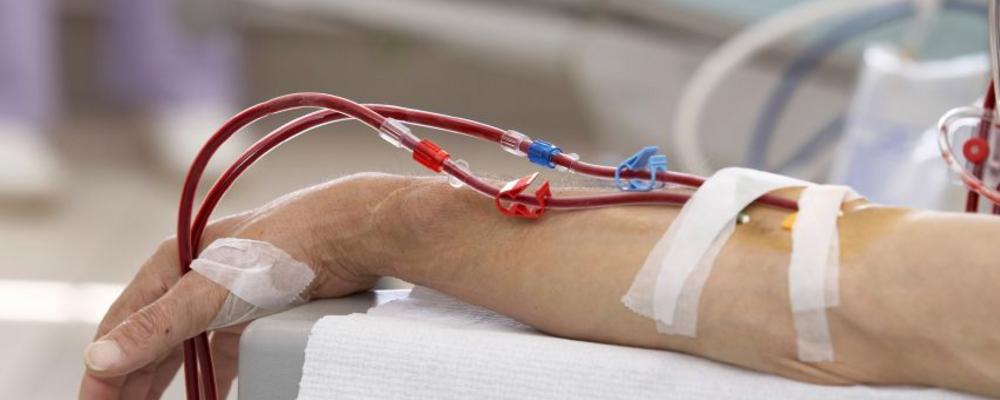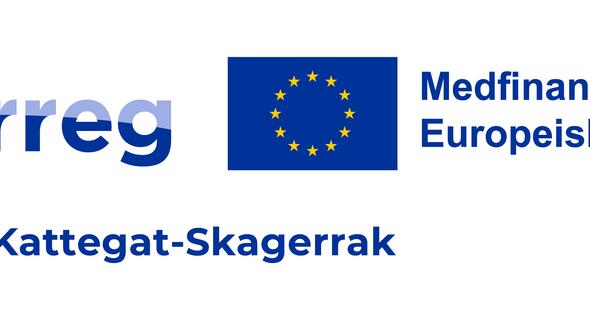Project on increasing home dialysis awarded € 3 million: An innovative process for improved renal care
A new cross-border research project involving health innovations and person-centred care has been awarded almost EUR 3 million by financial backers including the EU. The research will focus on increasing the use of home dialysis, which has been shown to provide significant benefits in terms of patients’ quality of life and health compared to traditional hospital-based dialysis.
EU-programme Interreg Öresund-Kattegatt-Skagerrak
Partners: Region Midtjylland, Aarhus university, OsloMet - Storby University, Nordic Medcom AB, Cuviva AB, Fresenius Medical Care Sverige AB University college of Østfold, University of Oslo, The Swedish Kidney association, Sahlgrenska Academy
The project is based on experiences from a collaborative project conducted within the Centre for Person-Centred Care GPCC at the University of Gothenburg.
Countries: Sweden, Norway and Denmark
Field of action: Innovation and entrepreneurship
Specific objective: Strengthen innovation capacity with a focus on smart specialisation.
Period: 1 September 2023 - 31 August 2026
Budget: EUR 2 982 294
EU funding granted: EUR 1 422 103
Norwegian funds: EUR 306 032
Partner co-financing: EUR 1 254 159
Lead partner: University of Gothenburg
Contact:
Håkan Billig
University of Gothenburg
hakan.billig@fysiologi.gu.se
+46 708 84 09 76


